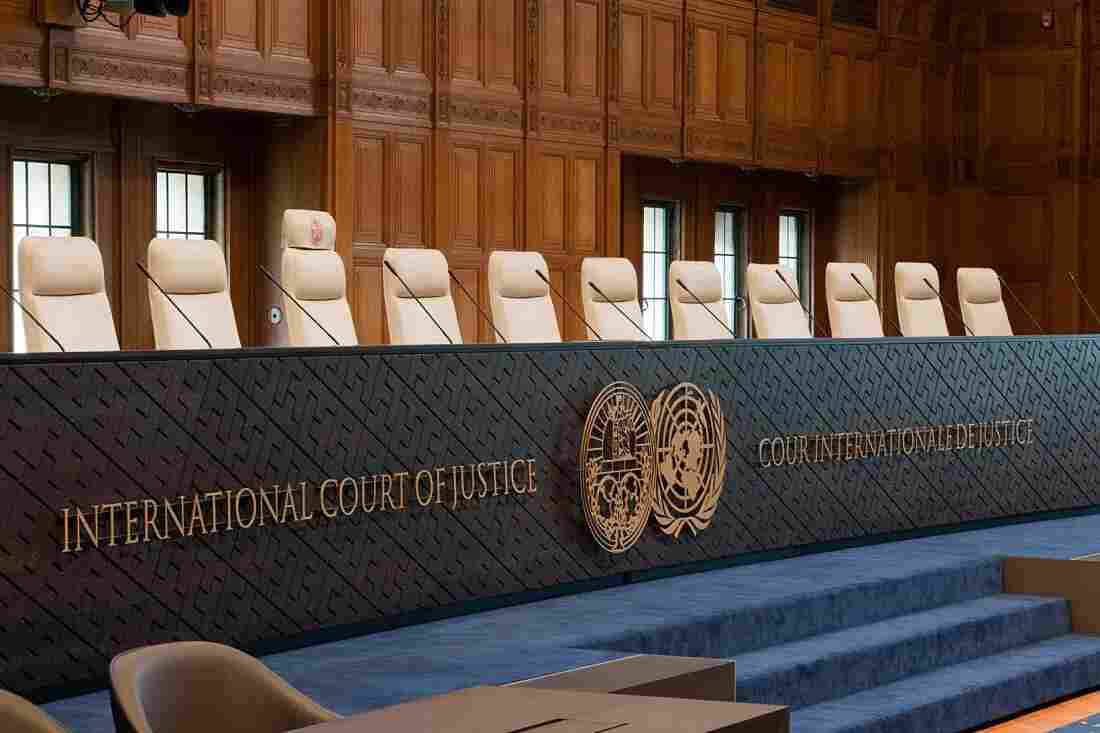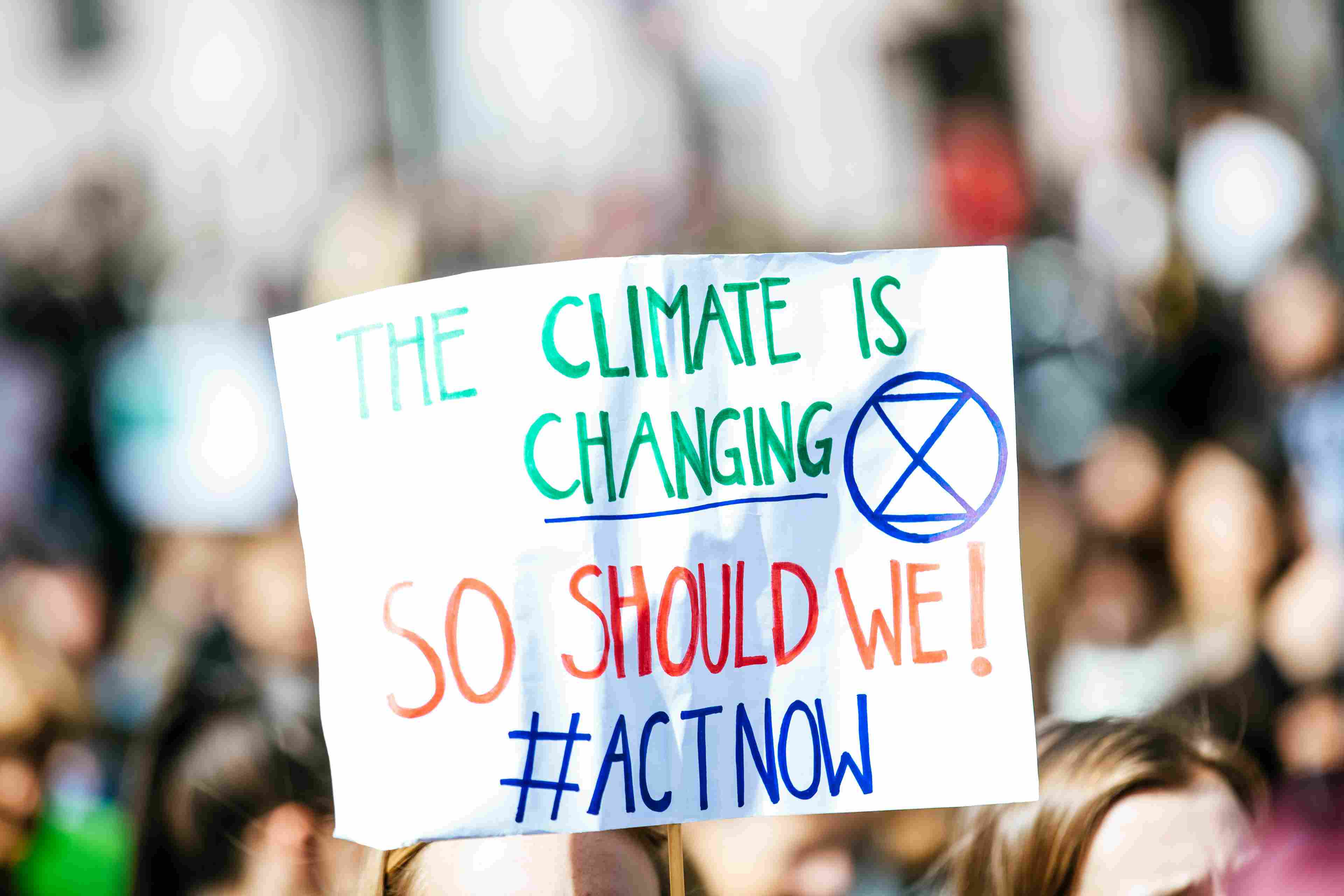
Belem, Brazil (Enmaeya News) — The head of the upcoming UN Climate Conference, COP30, warned of deep divisions among governments over how to respond to the next review of national plans to curb greenhouse gas emissions, stressing that these gaps must be bridged.
André Corrêa do Lago, a veteran Brazilian diplomat who will lead negotiations at the November summit in Belém, said he is committed to fostering “open, honest, and creative dialogue” among participating nations.
In his sixth open letter, do Lago emphasized that addressing climate change is a shared responsibility. He called on nations to transform what could be a disappointing scenario into a path that ensures a livable planet, protects economies, and improves living standards for all generations.
Do Lago outlined that countries must reduce global net emissions by 60% by 2035 compared with 2019 levels. The 2025 report will mark the first review of progress toward these targets. He noted, however, that some countries view COP30 as not the appropriate forum to address ambition gaps, seeing it instead as part of the five-year “global stocktake” process.
A series of consultations will begin in the coming weeks, starting with a virtual session including all countries to gather feedback on the “form and substance” of the next round of nationally determined contributions, or NDCs. Nations are expected to submit updated plans by the end of September, accompanied by a UN summary report in October.
The “synthesis report” will evaluate cumulative global efforts to reduce emissions through 2030 and 2035.
The 2024 report indicated that current national plans would reduce emissions by only 2.6% by 2030, far below the 43% reduction needed to meet the 1.5°C target recommended by the Intergovernmental Panel on Climate Change.
Environmental groups, including Brazil’s Observatório do Clima, warn that achieving the 60% reduction by 2035 is unlikely, particularly given the U.S. withdrawal from the Paris Agreement and the delayed submission of updated plans by major powers, including the EU, China, India, and the U.S.
Do Lago highlighted that a high-level UN meeting on Sept. 24 in New York will serve as a key platform to announce new 2035 climate targets, providing strong support for COP30 and the multilateral climate system.
However, skepticism remains, reflecting recent failures in global negotiations on plastic pollution due to pressure from fossil fuel and plastics industries.







